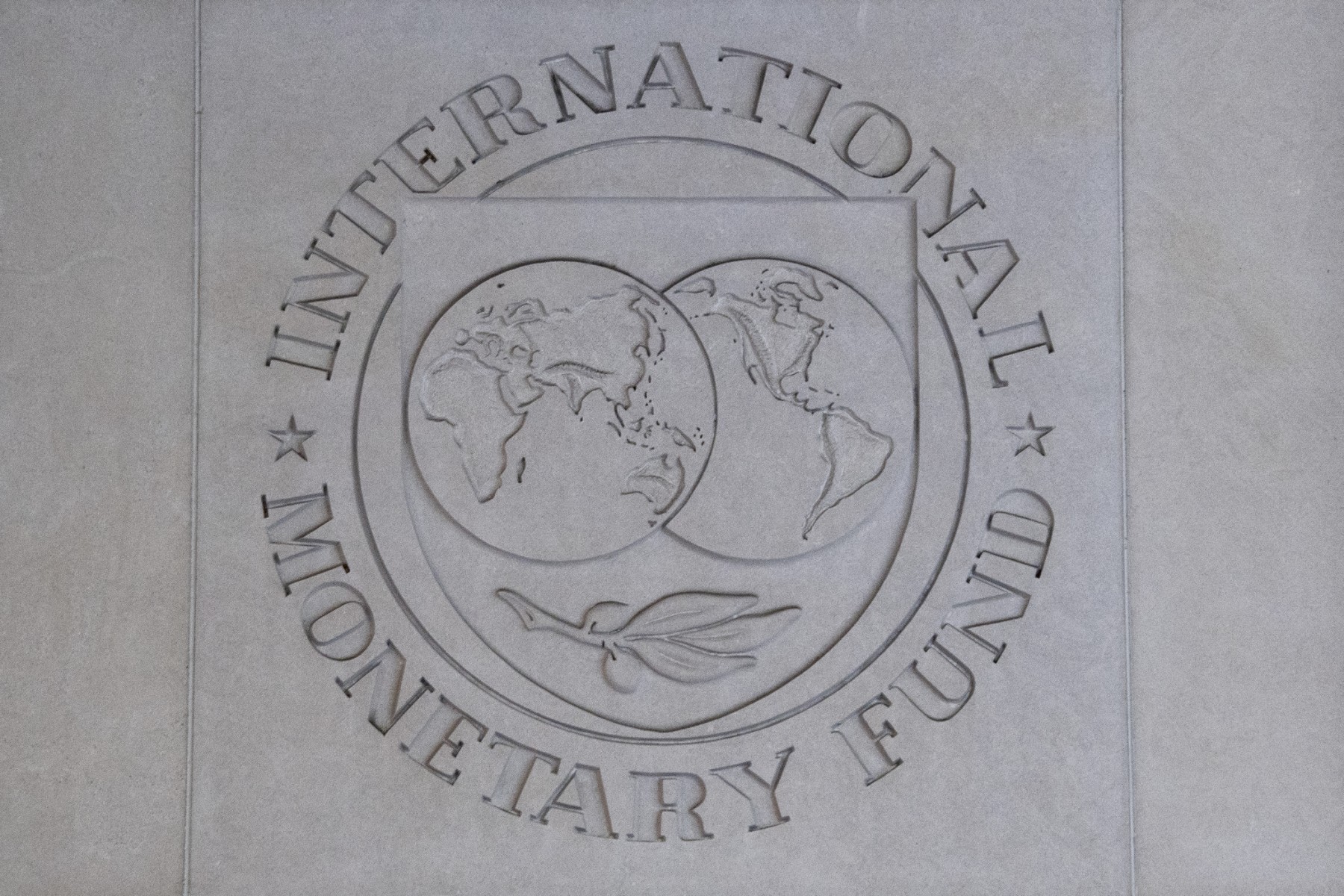Washington, United States — The US Treasury is pushing to increase funding for the International Monetary Fund by raising the quota obligations paid by member countries, a top official said Thursday.
The comments from Jay Shambaugh, the Treasury’s under secretary for international affairs, underscore the Biden administration’s push for the IMF and World Bank to play a greater role in financing climate change adaptation and mitigation.
“This year, we will support an increase in quotas -– for a broad increase across all members -– with the goal of strengthening the IMF as a shareholder institution at the core of the global financial safety net,” he said.
An across-the-board increase in quotas “will reduce its reliance on borrowed resources and provide the IMF with a more consistent and predictable level of resources,” he added.
The Treasury is also looking at ways to expand the influence of emerging markets and developing economies at the top of the IMF, Shambaugh told an audience in Washington.
“As emerging markets and developing countries have become an increasingly significant part of the global economy, they have called for increasing their representation at the IMF,” he said.
One proposal put forward by Shambaugh was for the international financial institution to add a fifth deputy managing director position to increase the voice of developing countries in the organization.
The move would broaden the management of the IMF, which has historically been led by a European with support from deputies from the United States, Japan, China, and just one deputy for all emerging markets and developing countries.
“If designed well, it could mean that at all times, both emerging markets and low-income countries would have a voice at the most senior level,” he said.
The US Treasury is also open to the idea of creating another seat on the IMF’s executive board for sub-Saharan African countries, who currently hold just two of the 24 positions.
Shambaugh’s intervention comes just over a month before IMF and World Bank’s annual meetings, which take place this year in the Moroccan city of Marrakesh.

